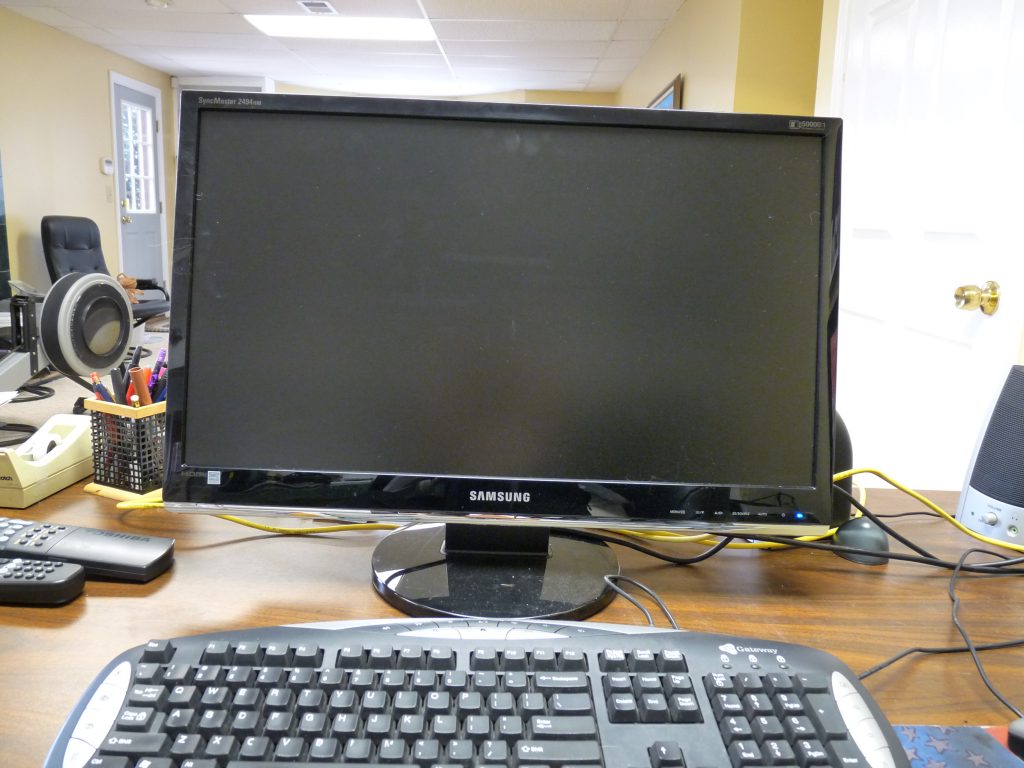Buying a computer is not an easy task. You want to make sure you’re making the right purchase so that you don’t blow your money on something that stops meeting your demand within a year. Not all machines are equal and so are the needs, as in, you might not need certain things in your computer that pushes its price up.
It is important to understand what all components of the computer will mean for you, which element to prioritize so you get the right deal without unnecessary spending. For a better speed and ability to multitask it is important to know the processor details and its use. Processor is the brain of the machine, the gist of processors is in the number of cores and the speed, the speed of the chip explains how much data it can process and the time limit. The processor is a stack of cores that run at the listed speed. Just one or two cores should be enough if you don’t use a lot of programs at the same time.
As the processor core does not keeps you waiting, the Random Access memory is another factor to be kept in mind before buying a computer as it helps the system to boot up programs. RAM is a small extra form of memory and is measured in gigabytes. If you want multiple tasks going and at the same time able to jump between them quickly more the RAM, the merrier it is. RAM also has clock speeds, depending on the speed of your computers motherboard, so buy the RAM keeping in mind the motherboard speed, neither too fast nor too low.
Every computer needs data storage, majority of which goes into your hard drive but, what it really comes down to is how you plan to use your computer. If you just want to make basic use of your system and do not want any peripherals, you may opt for the small hard drive, but if you will store media on it, then can opt for a larger hard drive. Some applications may even be able to run from an external hard drive. Pay attention to data transfer bandwidth.
Operating system can take a large toll on system resources, so if you want to save money, choose the right OS. It might be better to get an XP or LINUX computer than an expensive WINDOWS 7. But, if you like a little bit more control of your computer’s nitty-gritty, you probably will have an easier time getting to do that on windows. USB, HDMI, SD SLOT, WI-FI, BLUETOOTH there are plenty of peripherals, whether you’ll need them and how many of them you need to be pretty specific.
How important are accessories when you buy a computer? Do we need to plan this out as well? As in, deciding on a specific need for a mouse for gaming or a keyboard that should have pre-made buttons? Do you need a printer, speakers or a webcam? All these questions need to be answered when you are shedding those extra coins .Yes, the concept of accessories can be very important. Remember, most of the time, computer sales people will try to work you some deals and make you buy extra software you won’t use at all says consultant at Supergeek. Go ahead and ask for a fair deal.
